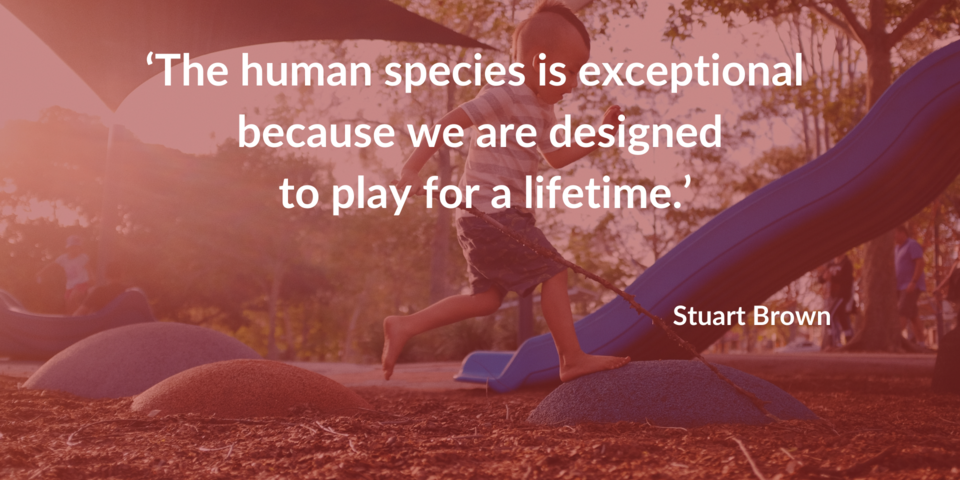Why is it important to play?
Why is it important to play?
Playing games brings us closer to others
Playing games enables us to spend relaxing and enjoyable moments with family or friends. It promotes socialisation, encourages conversation and strengthens personal relationships.
By playing games we learn to face reality in a different way.
Many games implying having to deploy strategies. Therefore, we try hard to adapt to new situations, find imaginative solutions, broaden our mental horizons and modify our behaviour. Sometimes we’ll win and sometimes we’ll lose, but we’ll always benefit from victories and defeats: we’ll learn from our mistakes and rethink our performance in future games. Playing games helps us to accept frustrations and know our own qualities and defects.
Playing games is a source of relaxation and stimulation.
Playing games helps us switch off and reduce stress, as well as enabling us to detach from the demands of everyday life. It makes us feel freer, more uninhibited. It encourages creativity and activates the imagination.
Playing games is lifelong learning
We play games because we want to win and, therefore, we permanently direct our minds towards victory, which means having an open and positive attitude. Playing games also teaches us to manage success modestly. And to accept defeat with sportsmanship. It prepares us to interact and work in teams, and create an environment in which cooperation, management and efficient administration of resources are essential.

The importance of playing in Catalan
It is a way to help promote the use of the Catalan language.
We watch television in Catalan, we listen to the radio in Catalan, we read books in Catalan. It is normal that we also want to play in Catalan. The supply of games in this language is still limited, although there is a market and a growing demand. In the same way that companies in other fields have incorporated Catalan into their products, it is also important that companies in the gaming industry become increasingly sensitive to the issue of language and respond to this need.
It is a way to improve language skills
Through playing games we learn languages in an informal way, and we also consolidate the knowledge of the languages we already know. Without realising it, we use all our language skills, because when we play games we are required to speak, read (the instructions, for example), understand (the explanations given by another player) and even write (if the game mechanics require it).
It is a way to practise the most colloquial variant of the language.
For new speakers of Catalan, playing games is a way to enter into contact with the language’s most informal register. Playing games is a favourable space so these people can learn a spontaneous and popular language that has nothing to do with the academic variant.

